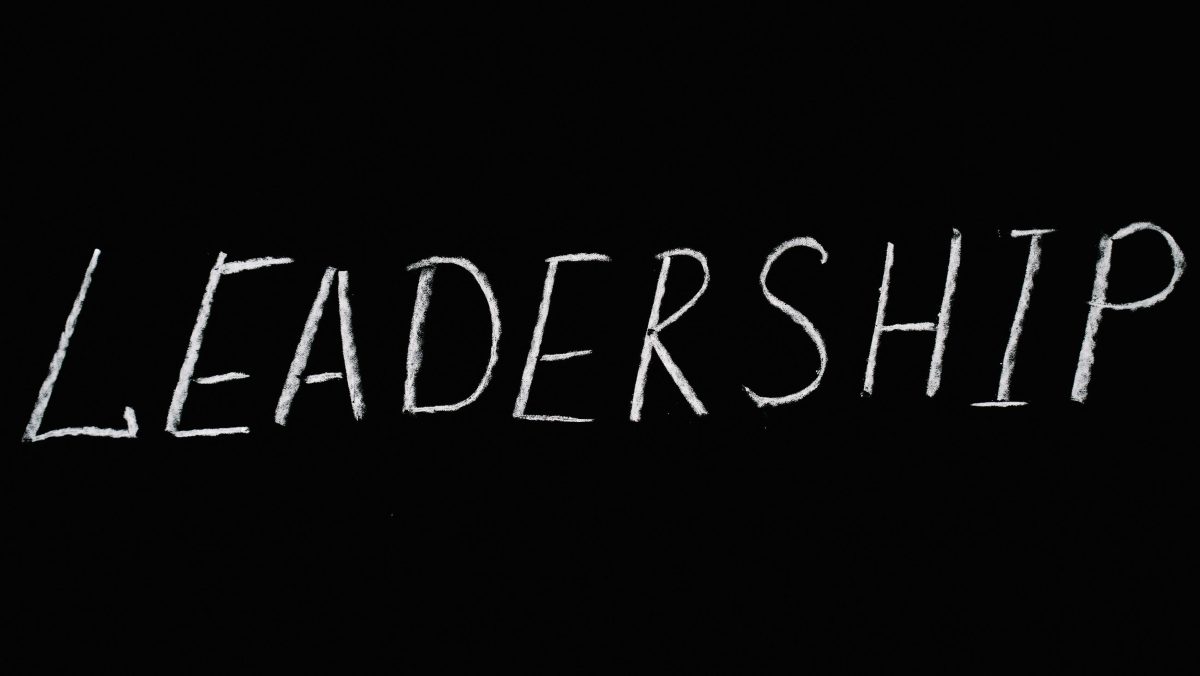My experience
Here are some stories and lessons that, over time, have made me a better professional and, I believe, a better colleague.
You don’t need to have all the answers
When I started as a project manager, as with any new job, I didn’t have much experience or knowledge about how projects were defined and developed within the company, so I didn’t understand anything in most meetings. However, I felt constant pressure to always come up with a solution. It was as if, because I had the title of ‘head of’ or ‘development manager’, I had to know everything. And no, it’s a big mistake to think that way! In fact, the best moments within the team came when I stopped trying to appear confident and started asking more questions and listening to all the team members. When I started asking questions and replacing the fear and embarrassment that paralysed me with ‘I don’t know, but let’s try to find out together’, I began to earn respect and little by little everything started to flow much better.
Managing is not the same as leading
I know it sounds cliché, but in my case it was a real change. Two years ago, we were working on a project, one of those that are particularly complicated, firstly because of the number of areas involved, secondly because it had an almost impossible deadline, and finally because of the pressure, which cannot be quantified in Excel. At that moment of total overwhelm, seeing the team as distressed as I was, I realised that my role was not only to coordinate tasks but also to provide emotional support to the team. Leadership also means being available, seeing if a colleague needs space. Sometimes, all it takes is having a coffee with someone and listening to them without looking for an immediate solution. Understanding why they responded that way, because in most cases there is a real reason behind it.
Put down your screens and build relationships
You might say that screens have nothing to do with leadership, because in this online world we live in, where most of the time you don’t physically know the person you’re talking to, building relationships within a team is difficult, because no matter how digitalised we are, human beings are social creatures and we need closeness. And that was precisely what I learned from this anecdote. We were working on a project that, like the previous one, was very complex because, although it was innovative, there was a lot of uncertainty as we had no reference points. I remember the meetings that led us nowhere, there was no understanding from any side, and when I was starting to get frustrated, I decided to call a face-to-face meeting. Everyone agreed, and as if by magic, that meeting produced some very valuable ideas that helped us see the light at the end of the tunnel. I think that close contact helped to iron out the rough edges and understand each other better. Once again, empathising and seeing what the team needs is essential for leading people.
Delegate for real (even if it’s hard)
I think this was the hardest thing for me to understand. At first, I wanted to do everything myself. I remember that at every meeting I wanted to be able to give the answers, answers that in most cases I didn’t have because I wasn’t an expert on the subject (that’s what the team is for). I wanted to review everything, have everything go through me, and I felt that if I wasn’t on top of things, nothing would get done. But how wrong I was. I admit it was hard to let go, but it wasn’t scalable for the project or for my mental health, so I started to trust the team more, and the truth is that everything worked out. I learned that leading is not about being at the centre, but about making everything work even when you’re not there.
A smile always helps
Another cliché, I know, but when you try to always keep conversations light-hearted, even making a joke in tense moments helps to build strong bonds, your colleagues appreciate it and the atmosphere becomes more pleasant. I remember once we went into a meeting, one of those that are almost always scheduled at inconvenient times. We all went in, about 10 people, and none of us knew what the meeting was about. Suddenly, someone asked if it was for project XXX, another thought it was for functional block 2. In the end, we realised that it was a meeting that had been carried over from another project and that it wasn’t necessary, and we all started laughing. Sometimes, leadership also means being the first to say, ‘What if this isn’t necessary?’ and laughing about it together without feeling guilty. Because when the team laughs with you, not only do they work better, but they also trust you more.
Leading is learning: my conclusions
For me, leadership is about knowing how to be there, helping the team with attention and empathy, and it’s not about shining and taking centre stage, but about making the team shine, forgetting about ego and focusing on what really matters. I’ve been lucky to learn all this at Telefónica, experiencing it day after day. And I’m still learning, because leadership is also about continuing to learn.







